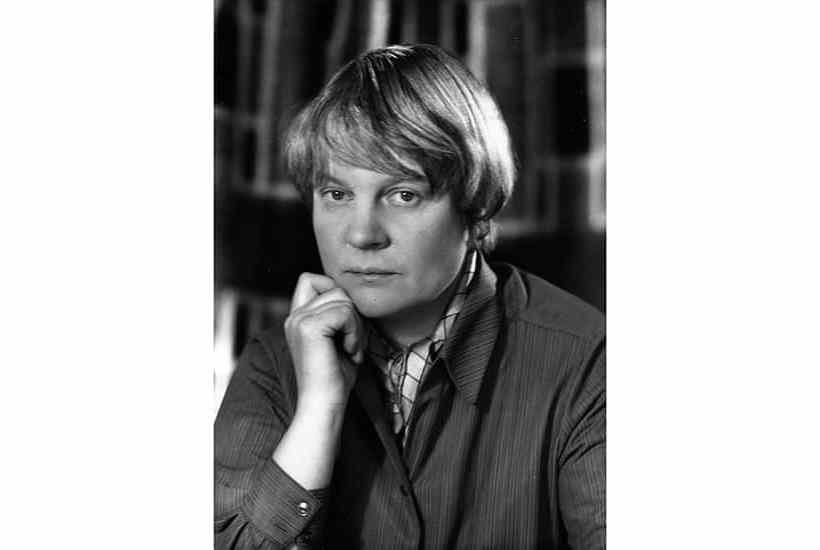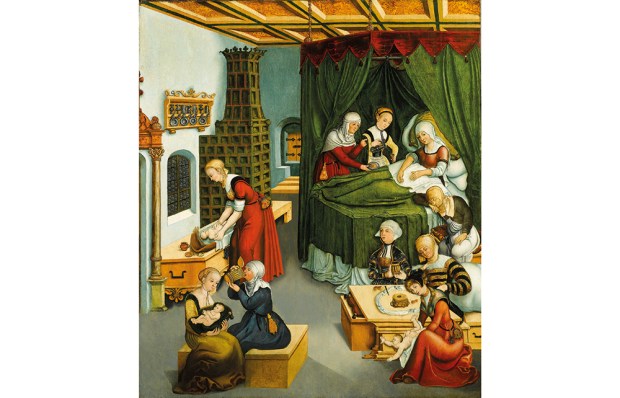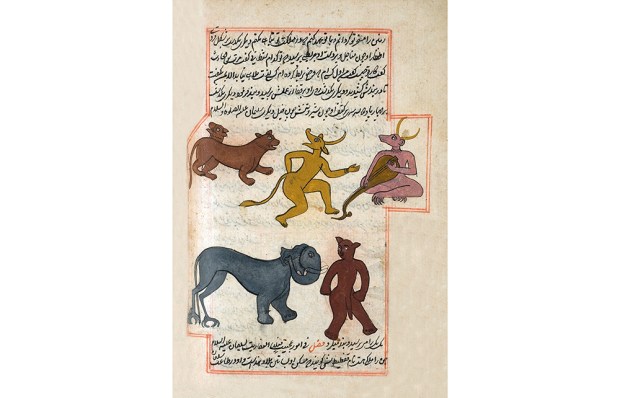Metaphysical Animals tells of the friendship of four stellar figures in 20th-century philosophy — Mary Midgley, Iris Murdoch, Elizabeth Anscombe and Philippa Foot — who attempted to bring British philosophy ‘back to life’. Fuelled by burning curiosity — not to mention chain-smoking, tea, wine, terrible cooking and many love affairs (sometimes with each other) — they tackled an ancient philosophical question: are humans a kind of animal or not? Dazzled as we are these days by technological possibility, their question only gains in urgency.
Already a subscriber? Log in
Subscribe for just $2 a week
Try a month of The Spectator Australia absolutely free and without commitment. Not only that but – if you choose to continue – you’ll pay just $2 a week for your first year.
- Unlimited access to spectator.com.au and app
- The weekly edition on the Spectator Australia app
- Spectator podcasts and newsletters
- Full access to spectator.co.uk
Unlock this article
You might disagree with half of it, but you’ll enjoy reading all of it. Try your first month for free, then just $2 a week for the remainder of your first year.














Comments
Don't miss out
Join the conversation with other Spectator Australia readers. Subscribe to leave a comment.
SUBSCRIBEAlready a subscriber? Log in